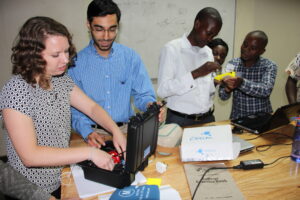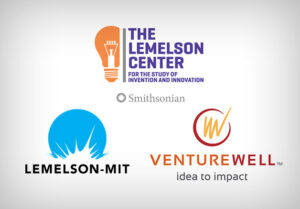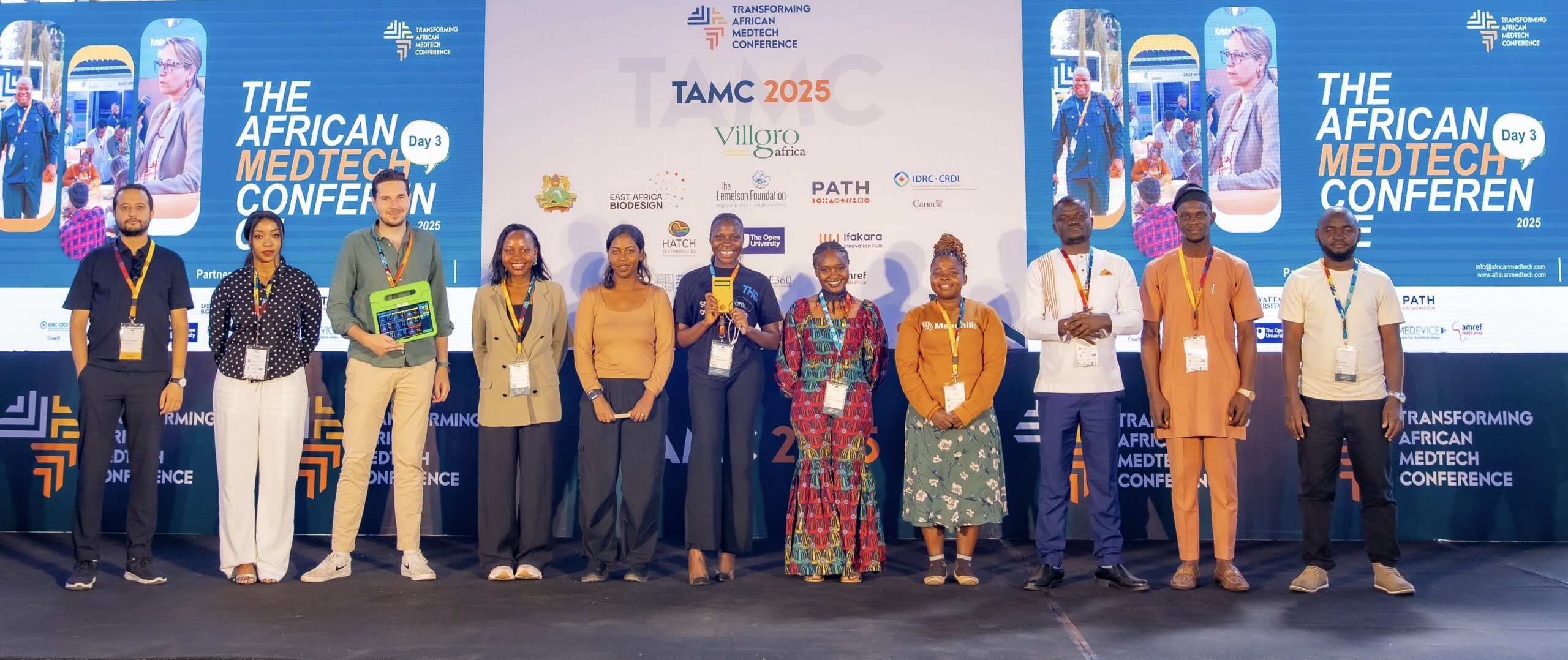World Food Day: The Future of Agriculture and Farmer Livelihoods
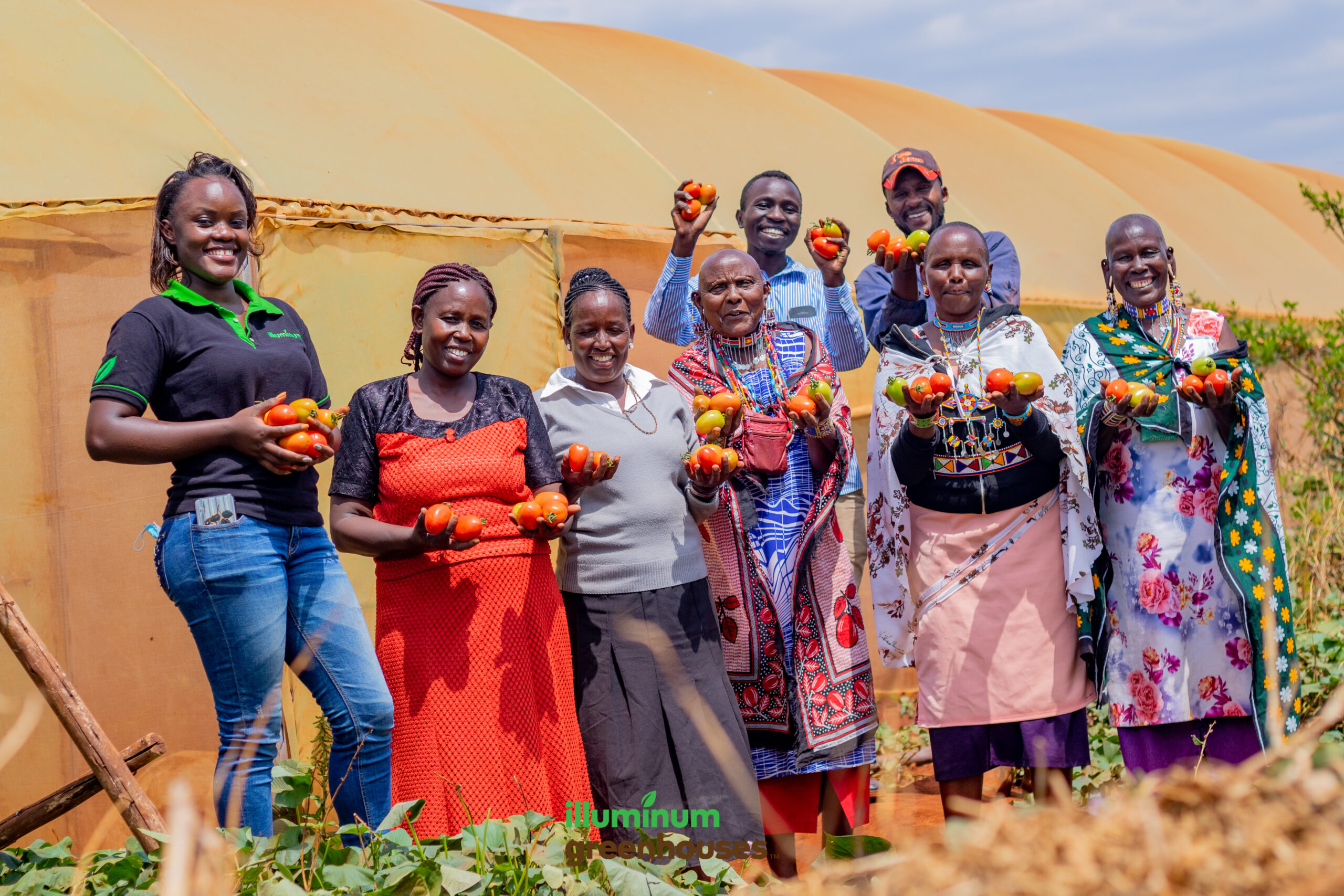
By Thomas Caffrey Osvald, Executive, Small Foundation and Maggie Flanagan, Program Officer, The Lemelson Foundation
Local invention and innovation-driven enterprises are key to solving global food challenges.
On this year’s World Food Day, the COVID crisis continues to have a significant impact on the agriculture sector and food supply chains around the world. Nowhere is the crisis more acute than in low-income countries where the pandemic has had “profound implications for the food security, nutrition and food systems,” according to a report released last year by the UN’s High Level Panel of Experts on Food Security and Nutrition. Current estimates suggest that the COVID-19 pandemic could double the number of undernourished people in the world.
Addressing Sustainable Development Goal (SDG) #2 to achieve zero hunger is certainly a monumental task exacerbated by the pandemic. But addressing food insecurity is just one of the challenges we face when it comes to the world’s food systems. The global food system is full of massive contradictions. Consider . . .
An estimated 510 million small holder farmers produce approximately 35% of the world’s total food, yet many of these same farmers are poor and food insecure. (https://sdgs.un.org/goals)
690 million people go hungry every day, yet roughly one-third of the food produced in the world for human consumption every year — approximately 1.3 billion tons — gets lost or wasted. (UNEP)
Extreme weather events driven by climate change increases risk to our food systems, yet approximately 21–37% of total greenhouse gas (GHG) emissions are attributable to the food system. (IPCC)
The urgency and complexity of these challenges demand breakthrough solutions that change the way we produce, process, market and consume food, and reduce waste.
Agriculture is a Strategic Investment that Addresses Multiple SDGs
Invention and entrepreneurship are key to achieving this much needed transformation. Inventors and entrepreneurs are developing and commercializing novel ways to produce food, minimize use of water and fertilizers, and increase access to markets — all of which aim to increase both the supply of healthy food and farmer incomes and strengthen crop resiliency against climate change-induced shocks. Yet despite the outsized role agriculture plays in addressing the SDGs (hunger, poverty alleviation, jobs and economic opportunity and climate change) financing and support for founders of agriculture companies have been more difficult to come by due to historical low interest and/or lack of understanding of the sector among investors and perception of high risk due to the seasonal and unpredictable nature of agriculture. The barriers are even higher for the founders that come from these least developed countries, yet these founders and their enterprises are the most likely to have an outsized impact in addressing food insecurity and filling critical roles in the supply chains that make local markets function and result in long-lasting economic development.
A newly released report by Endeavor Insights entitled Entrepreneurial Ecosystems in Agriculture reflects a holistic approach to understanding the needs of entrepreneurs working in sub-Saharan Africa and India in order to access capital and reach scale — therefore maximizing impact in their efforts to address the most urgent needs across the sector. Building on a growing body of research in the international development and social investment communities, the report found:
A robust agricultural sector is needed to address poverty, food security and employment in sub-Saharan Africa and India. Innovation-entrepreneurship is a key mechanism for addressing structural challenges and creating greater economic opportunity for small holder farmers.
- Innovation-driven companies fall into three key categories — software companies, invention-based enterprises and business process companies. Access to capital and securing technical talent are shared challenges across all three categories. However, the pathway to success was found to differ greatly between the three categories.
- Entrepreneurship evolves differently within value chains. These differences also affect how agriculture impacts those living in poverty.
- Entrepreneurial networks comprised of both global connections and local ecosystems are critical to success. For example, teams made up of all local founders were found to face more limited resources than teams with at least one expat or returnee, reflecting the important role global connections play in enabling success. This highlights the opportunity for international donors and investors to more intentionally support the development of local ecosystems (e.g., mobilizing local angel groups and engaging successful local founders in designing programs).
- There are many opportunities for entrepreneurial solutions to enhance global food security, increase the incomes of rural populations, and generate jobs in emerging markets. It also finds that systems-level support, including greater tailoring of services and partnerships between local and foreign capital, has the potential to accelerate these solutions.
A Call to Support Local Founders and Foster Local Ecosystems
Better understanding the needs of growing innovation-driven enterprises in the agricultural sector is critical to the work of both The Lemelson Foundation and Small Foundation. In particular, identifying and overcoming the disadvantage faced by local entrepreneurs in accessing talent and capital — as compared to entrepreneurial companies with a management team including at least one expat or returnee — remains a challenge. Continuing to broaden the opportunities for agricultural enterprises with local management teams to engage with investors from across the world is important, and platforms such as the Smallholder and Agri-SME Finance and Investment Network, offer compelling mechanisms. Similarly, the African Leadership Academy Agri-business Network (ALAN) provides alternate ways for entrepreneurial talent in the agricultural sector to develop and flourish.
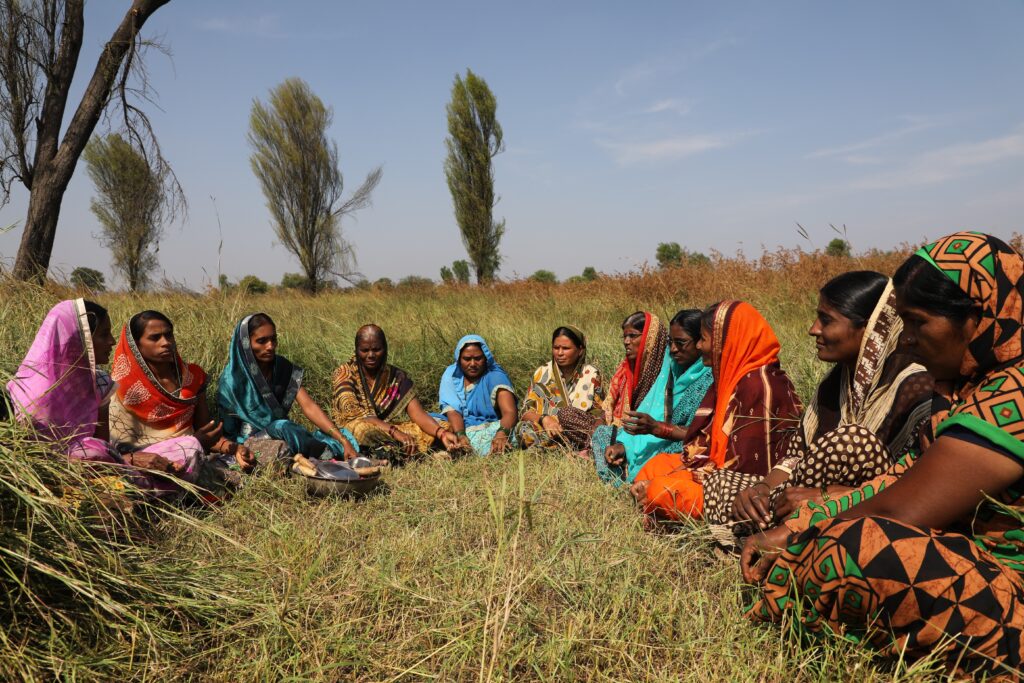
Endeavor’s research also highlights that local founders are more likely to form stronger linkages with smallholders in their respective value chains. If we consider investments in agriculture as strategic investments in poverty alleviation, we must also consider the additional impact that investing into local entrepreneurial teams can bring not just in terms of reach with smallholders, but also in building future mentors and angel investors. Networks like the Uganda Agribusiness Alliance, the Uganda Entrepreneurial Ecosystem Initiative and Invest in Africa support local entrepreneurs in coordinating and collaborating towards positive changes in their ecosystems, and are a potential method of meeting entrepreneurs’ needs for finance, talent and mentoring.
Invention-Based Enterprises Require a Different Investment Model
For The Lemelson Foundation, with a mission to improve lives through invention, we are keenly interested in increasing the success rate of invention-based enterprises (IBEs) that represent the next generation of high growth, R&D-based product companies. These companies are critical to moving the needle on the SDGs in a way that is not possible through software-only or business process innovation. For example, companies like Bharat Rohan are making precision agriculture solutions affordable for smallholder farmers by leveraging drone-based spectral imaging, and Kritsnam is turning post-harvest loss into a valuable commodity, like enhanced animal feed.
Yet IBEs, as a distinct segment of the innovation landscape, are not widely recognized by local fund managers, impact investors or innovation officers working with large NGOs and bilateral funders. The distinction is important for these potential partners – not only because of the opportunity to enable transformative impact at scale, but also to recognize that these R&D-based businesses require additional time and money to yield that outsized impact. For example, significant investment is needed to support the talent and financial resources required for R&D translation; product design and prototyping require access to spaces with specialized equipment and tools found in labs; and manufacturing facilities and increased working capital are needed to support longer time to market and the complexities that come with the design, manufacturing, distribution, and service associated with physical products. And lastly, the work of our partners over the last 20 years demonstrates that IBE support is best realized through robust local ecosystems that enable these companies to succeed due to compelling products, functional business models and teams that can take the company to scale.

For Small Foundation, where we aim to expand the access of rural-impacting micro, small, and medium-sized enterprises (MSMEs) to knowledge, skilled human resources, finance, technology, and markets, we value the role which agricultural enterprises play in reducing poverty across Africa. We believe that networks can play an important role in circumventing some of the challenges presented to these enterprises.
Underpinning any engagement in agricultural ecosystems, and highlighted in Endeavor’s research, is the value of understanding the dynamics at play in agricultural value chains. Recognizing that the scope, scale, and evolution of innovation type affects not only the entrepreneurial opportunities, but also the ability of entrepreneurship to impact on poverty, is vitally important.
The future of growth in the agriculture sector that delivers on the need for sustainable supplies of healthy food and ample income for farmers will not come from increasing resources — more land, more water, and more fertilizer. Instead productivity will be driven by what the World Bank refers to as total factor productivity (TFP) — creating greater efficiency in producing outputs through the use of new technology and new production practices. Invention and the businesses that stem from breakthrough ideas are crucial to transforming agriculture from one that is known for risk and struggle to one that propagates healthier people, a healthier planet, and sustainable livelihoods for those growing the world’s food.






